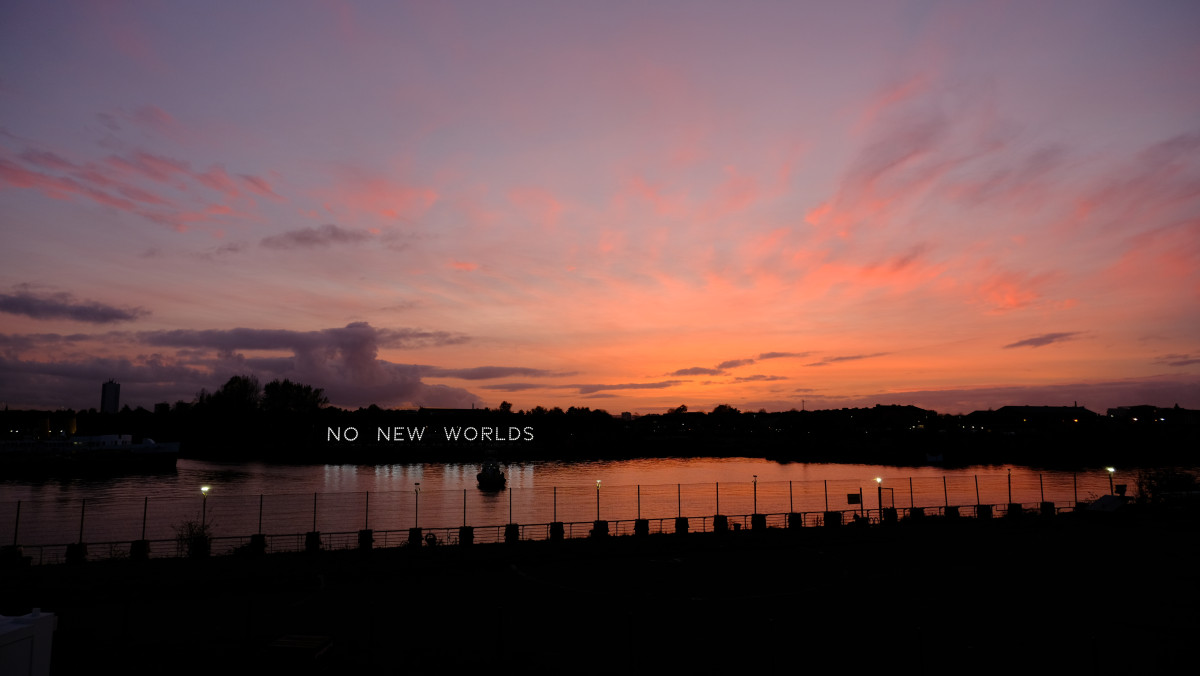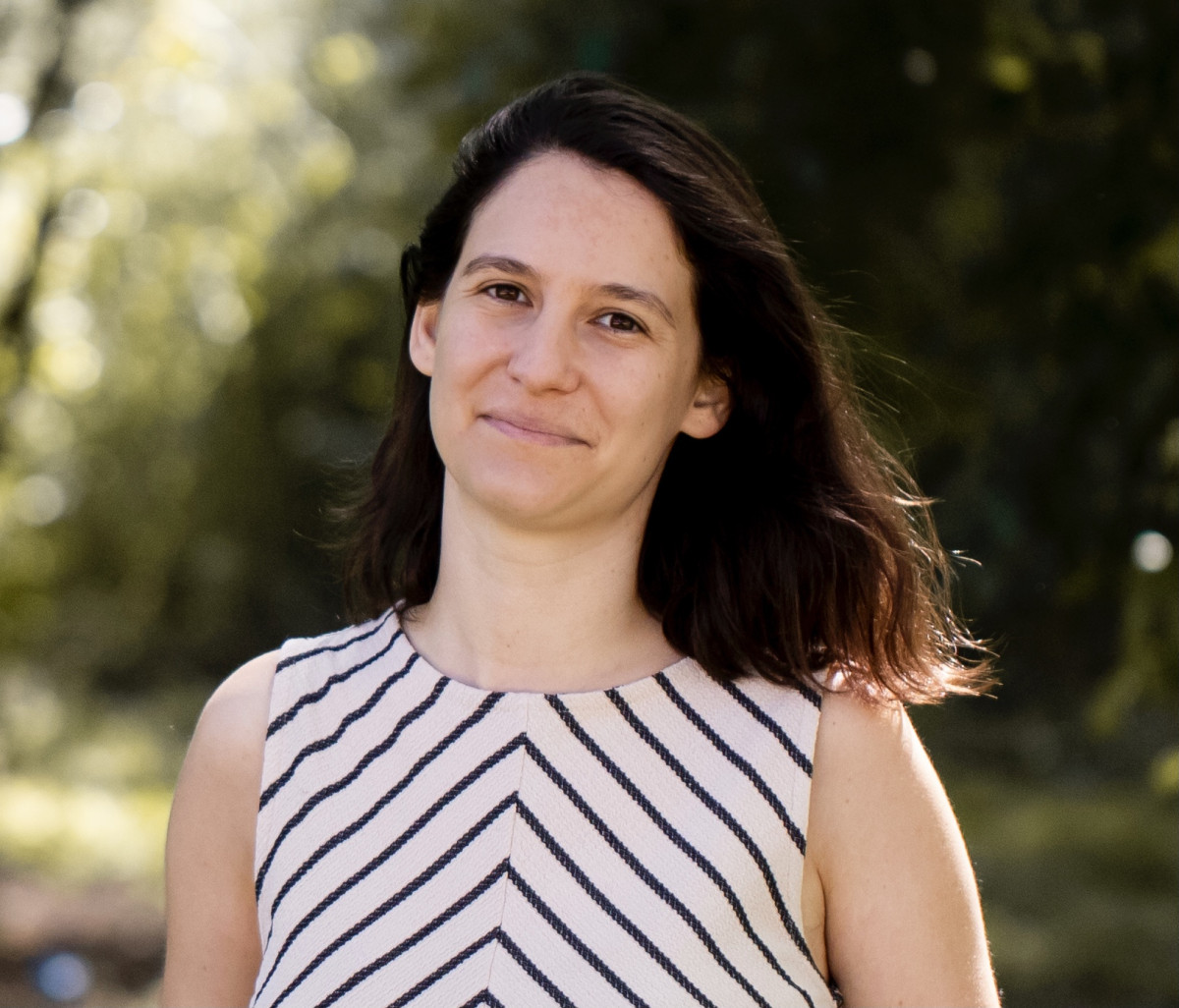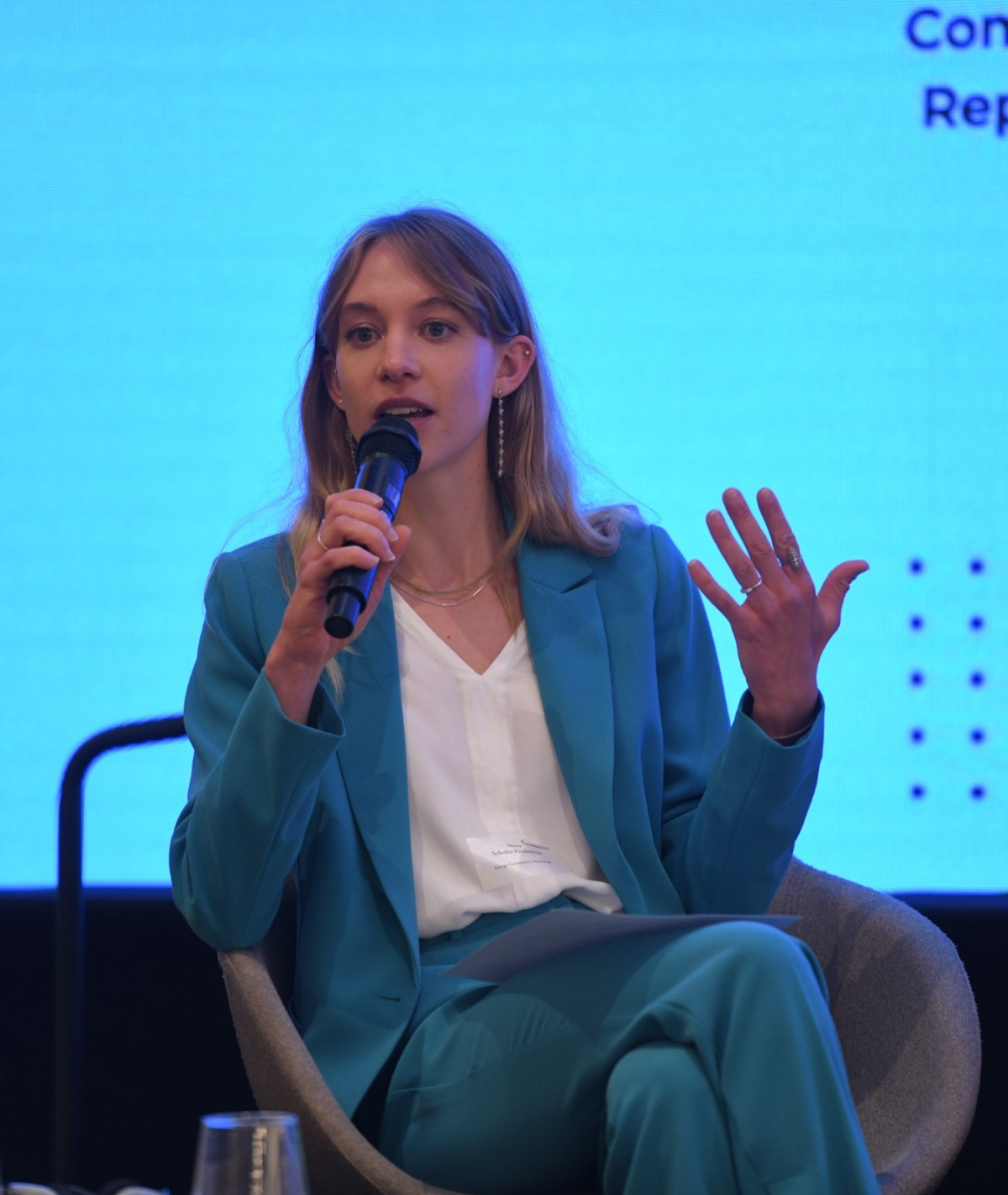Cross-border grants: Leaving no one behind in Europe’s green transition
Please find the application form below the FAQs
The EU has made just transition a cornerstone of its European Green Deal, having set up the Just Transition Mechanism, an instrument to support regions and industries most affected by the move to climate neutrality. Consisting of three pillars, it is expected to mobilise 55 billion euros in both public and private investments between 2021 and 2027. While most labour and social policy tools relevant to a just transition are at the disposal of member states, the EU can apply pressure, for instance via its Just Transition Fund, which currently amounts to 19.2 billion euros. There are climate conditions attached, as for instance Poland will receive no support for its lignite mine in the region of Turów as coal extraction is scheduled to last until 2044; whereas Bełchatów, home of the largest lignite plant in Europe, that is to close in the 2030s will receive funding.
There is no silver bullet solution for a just transition, as regional, national and international circumstances come into play, with differences in political structures, cultures and social security systems. While most debates focus on coping with job losses, building a transition that is “just” can constitute to a lot more, especially on an international scale. The impacts of climate change are being felt globally, but the most vulnerable regions of the world are disproportionately affected, despite often being the least responsible for greenhouse gas emissions.
In the globalised market system, EU policies will directly and indirectly affect communities worldwide. This is why Clean Energy Wire is inviting journalists globally to dig into the topic of just transition from a European angle. Are there enough qualified workers for a successful European energy transition? How do governments plan to fill the gaps? How do transitions in different sectors like construction, transport and agriculture affect workers along the supply chain? Will policies for a just transition counter populist anti-climate rhetoric? How do the industralised countries of the European Union live up to their responsibility and support other regions of the world? What is the role of Just Energy Transition Partnerships (JETPs)? How will the implementation of the Carbon Border Adjustment Mechanism (CBAM) affect countries that are major exporters to the EU? Will the opportunities created by a green transition equally be accessible for all genders?
We are asking teams of journalists from at least two different countries to send their story pitches and three winning teams will each be rewarded with €2,500. The stories must be published in at least two media outlets in different countries.
Please read the FAQs below carefully.
We encourage diversity within the teams.
Jury
Irene Baños Ruiz is a Spanish multimedia journalist specialised in climate communication. She is a regular contributor to the environment section of Deutsche Welle (DW), Germany's international broadcaster, and develops DW Akademie's communication strategy on media and information literacy and environmental journalism in Latin America. She also works as a trainer, speaker and writer for various media outlets and institutions.
Marta Schulte-Fischedick works in the Green Deal Unit at the Energy Community Secretariat in Vienna. She is focusing on fostering just transition goals across energy and climate policies in the Western Balkans, Ukraine, Georgia and Moldova. Among other things, she is responsible for activities within the Energy Community Centre for Alleviating Energy Poverty and the EU's Coal Regions in Transition Initiative for the Western Balkans and Ukraine, and is in charge of the implementation of commitments under the Declaration on Gender Equality.
FREQUENTLY ASKED QUESTIONS
The application deadline is 30 November 2023.
Eligibility
We consider a cross-border team one in which journalists from different countries and, crucially, different media outlets in different countries pitch a story together. For example, two journalists from Germany, one planning to publish in Huffington Post in the U.S. and the other in the Huffington Post in Germany, would not be eligible.
Adherence to internationally applicable professional journalistic standards is a must. By submitting your application, you agree to follow the code of professional conduct for journalists developed by the International Federation of Journalists. You are also welcome to consult the principles of quality journalism and transparency that Clean Energy Wire additionally subscribes to.
All applicants must be able to publish the final story in a professional media outlet. If the blog is considered a media outlet, you may be eligible. If in doubt about this, contact us in advance via event@cleanenergywire.org
No, you don’t. Your team will have to publish stories in at least two media outlets from two different countries but which stories to publish is up to you. The collaborative approach means your team will work together on aspects of the story that make sense to collaborate on according to language skills, data access, familiarity with local experts, or knowledge of different story-telling formats. As for the stories resulting from your joint research, we think the journalists know best which story would most interest their readers. Frequently, you will want to write your own story on the basis of your collaborative work.
Each team member will publish at least one story in their respective publications. Of course, if you find a way to publish articles on interim findings connected to your work for the cross-border grant, even better, we encourage you to do so.
The language you usually publish in! Applications for the grant must be submitted in English. As the stories are intended to reach international audiences, there is no specific language requirement for publication.
Go and have a look at the member list of the CLEW Journalism Network. You’ll hopefully find journalists who A.) cover topics within the realm that you’re looking for in the region of interest, and B.) are happy to be in contact with international colleagues. Join the network for access to the full list of members and their email contacts.
One team member may be part of two different pitching teams. All the same members of one team should, however, decide which single pitch they want to submit.
Yes, you are.
This round’s focus is on just transition from a cross-border perspective. Make sure that your pitch is centred on this general topic. All types of formats are encouraged, including features, investigative journalism and comparative reporting. Submissions from print, online, TV or radio journalism are all welcome.
The story should meet the following criteria:
- Is it new, does it make sense? Is it relevant?
- Is an editor’s letter of publication intent included?
- What specific story is your team proposing?
- Collaboration: Does the proposal include a plan outlining how the collaboration will take place? Specifically: 1.) What role will each journalist have in the team? 2.) Does the pitch give an idea that there is a story to tell in all countries specified?
Yes, it should. Please make sure that you answer these questions:
- Is the budget plausible for the story suggested?
- Does it cover all proposed stages of the research plan?
- Does it include any additional sources of funding the journalists’ receive or specify that resources are lacking?
The stories must be published at latest by 10 April 2024.
Submitting the application
Make sure to coordinate in advance which team member will gather all the details from the other journalists, as you will only submit one application form per team.
The character limit is specified in the boxes. Note that it includes paragraph breaks. If you have removed all paragraph breaks and are otherwise 100% certain that you are below the limit specified, try using a different Internet browser. For example, if you have previously tried submitting unsuccessfully via Google Chrome, try Mozilla Firefox.
Please check your spam folder for the automatically generated email with the subject "CLEW Grant Application”, which asks you to confirm that you/your lead team member indeed submitted an application.
You will then hear from CLEW regarding the outcome of your application by mid-January 2024.
Yes, please specify one person as the contact person for your team.
After the deadline
The Clean Energy Wire will review all project proposals. Those that meet the submission criteria will be anonymised and submitted to the jury. The judges will independently select three finalist teams.
All teams will be notified of the outcome of their application no later than 10 January 2024.
If your team is among the finalists
The selected grantees and CLEW will sign agreement forms for the allocation of the award. Immediately thereafter, 50 percent of each grant will be allocated, with the remaining 50 percent paid out upon publication of the final story.



